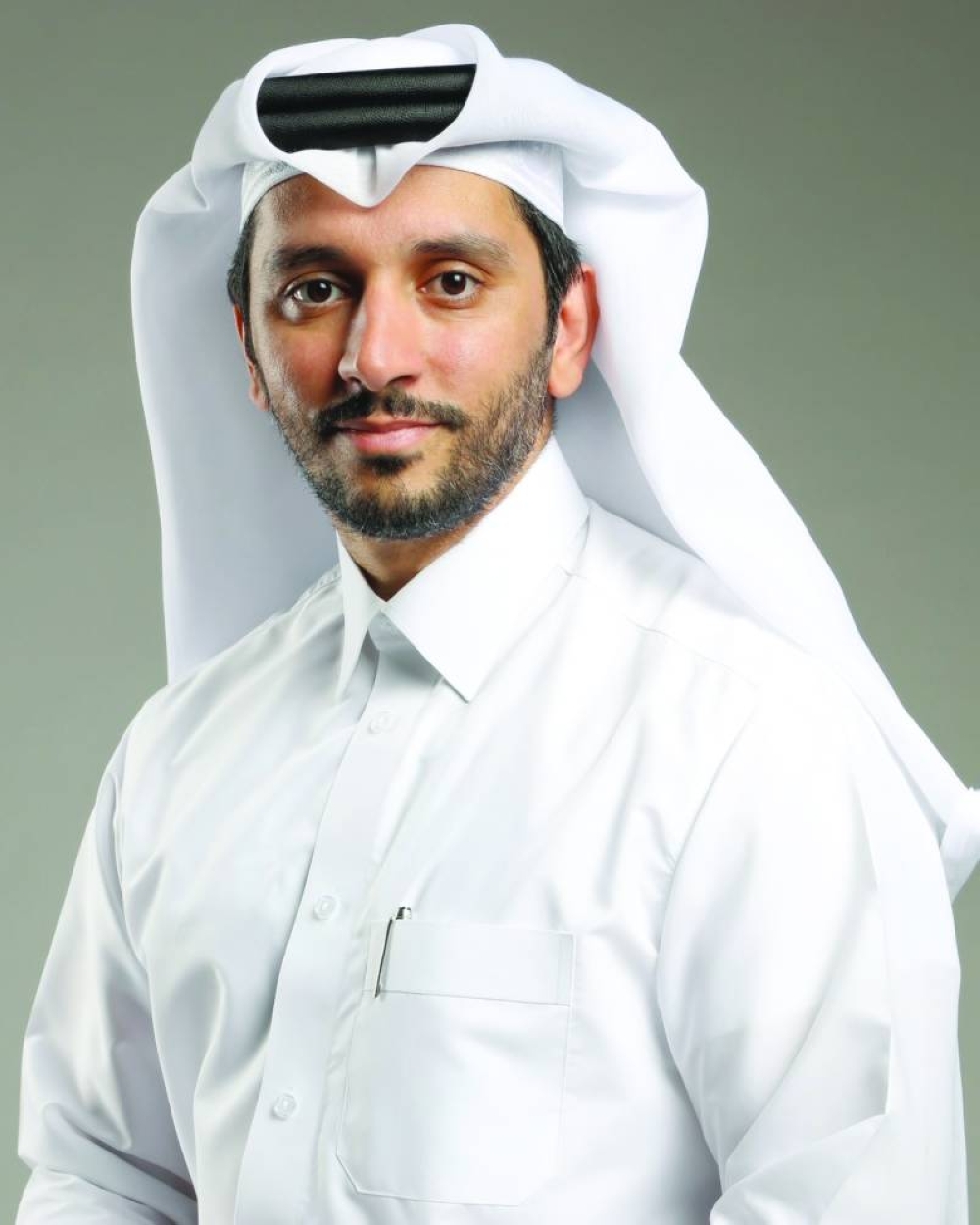Conflicts and geopolitical risk have moved sharply up the agenda for global leaders and policymakers, largely replacing the Covid-19 pandemic in discussions at this year’s IMF/World Bank summit which took place in Marrakesh, Morocco in early October. Other pressing concerns include high interest rates, inflation and levels of government debt.
For the Gulf states, the benefits and challenges are distinct. On inflation and debt, the picture is healthier than for many nations, given that the states are generally oil exporters with surpluses and healthy reserves. Rising oil prices that contribute to inflation around the world result in higher export earnings in the region.
The intensification of the Israel-Hamas conflict in Israel and Gaza has been traumatic for those involved, while a major focus of concern is the risk of the conflict spreading to become a regional war. In this respect, the risk of serious destabilisation rests on the success, or otherwise, of diplomatic efforts at containment. If they are effective, the geopolitical risk is probably not significantly greater than in recent decades.
A major risk factor is whether Iran becomes directly involved, not only in terms of any conflict in itself, but because of the potential impact on oil exports through the Strait of Hormuz, where the Arabian Gulf meets the Indian Ocean, with Iran on one side and the Arabian peninsula on the other. A high proportion of the world’s oil and gas exports passes through the strait.
If the conflict stays localised, there may be little wider political and economic impact. Geopolitical risk is already priced in to credit ratings in the region, offsetting the surpluses, strong economies and healthy reserves.
For Qatar, the conversations at the IMF meeting covered very different subject areas compared with last year. Then, the questions were about the forthcoming FIFA World Cup and the recovery from Covid-19.
In addition to geopolitics and inflation, there is rising concern about high government debt levels in a world of higher interest rates. Qatar’s national debt is low by international standards, and has been coming down since the infrastructure projects in advance of the 2022 World Cup have been completed. In fact, the state and local banks have issued little in the way of bonds in the past two years, to the extent that it may be advisable to do so, in order to retain a profile in the international bond market.
Some debt is not directly on the balance sheet of the state, but may have an indirect impact. Qatar has State-Owned Enterprises (SOEs), and those entities have been reducing their debt substantially in the past 12 months given the healthy cash flows and higher cost of debt. In a policy statement, IMF Managing Director Kristalina Georgieva encouraged Gulf states to reduce their level of direct control over the economy.
At a meeting of finance ministers and central bank governors in Marrakesh, Minister of Finance HE Ali bin Ahmed al-Kuwari addressed a strategic perspective, noting the need for reduced debt, financial consolidation, a smooth energy transition and avoidance of pro-cyclical fiscal policies. He called for support from international financial institutions and the international community to deal with major challenges, especially implementing the Paris Accord to tackle climate change. Many of the challenges are too large and complex to be attended to by individual states.
The State of Qatar has been stepping up to an international role. It has become an active partner in supporting the IMF and World Bank in global initiatives to reduce poverty. At the IMF meeting, the government signed two agreements with the IMF to support respectively the Poverty Reduction and Growth Trust and the Resilience and Sustainability funds. HE Ali bin Ahmed al-Kuwari said the announcement underlined Qatar’s commitment to multilateral initiatives to reduce poverty and confront crises.
In terms of adherence to international standards on sound economic management, Qatar has been a model pupil in recent years. Now, it is stepping up to a leadership role.
The author is a Qatari banker, with many years of experience in the banking sector in senior positions.

